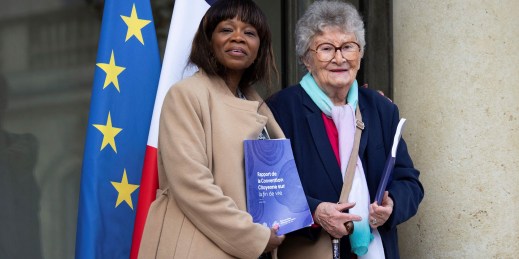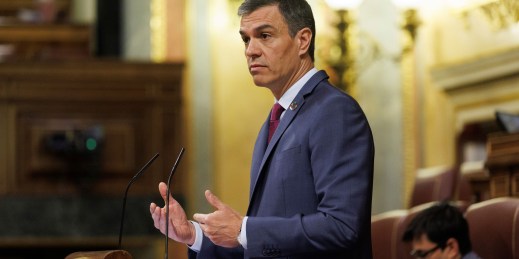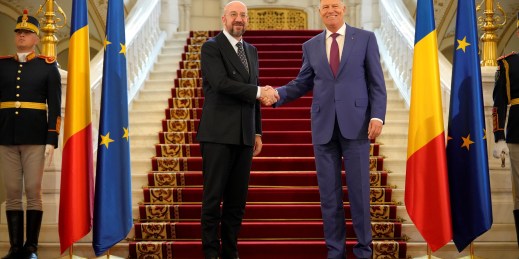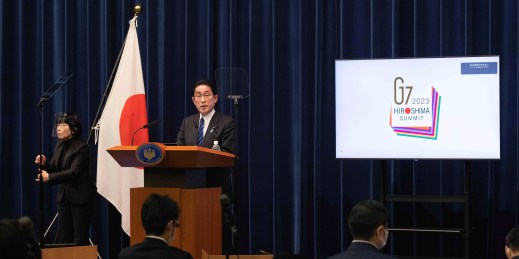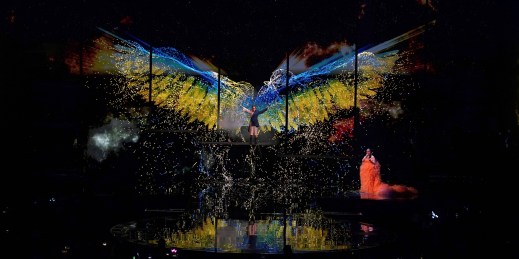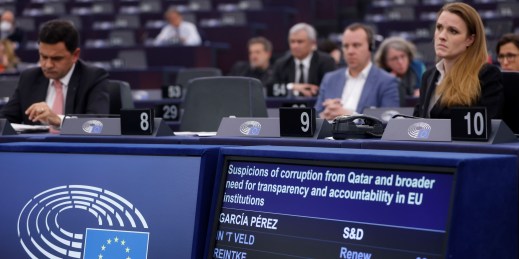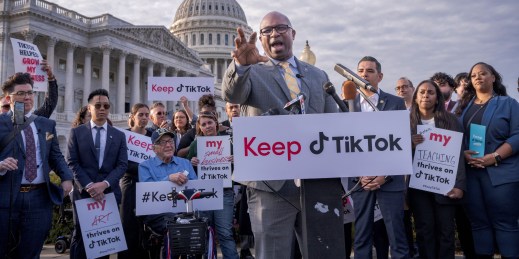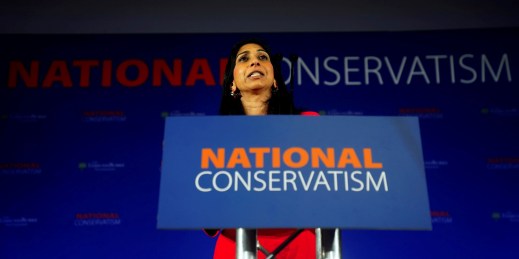
At a recent conference of the U.K.’s self-described National Conservatives, senior Tory MPs and a Cabinet minister espoused views that align with those of European far-right parties. It’s an indication of how strong these factions, which just a decade ago remained at the outer fringes of the Conservative Party, have now become.

